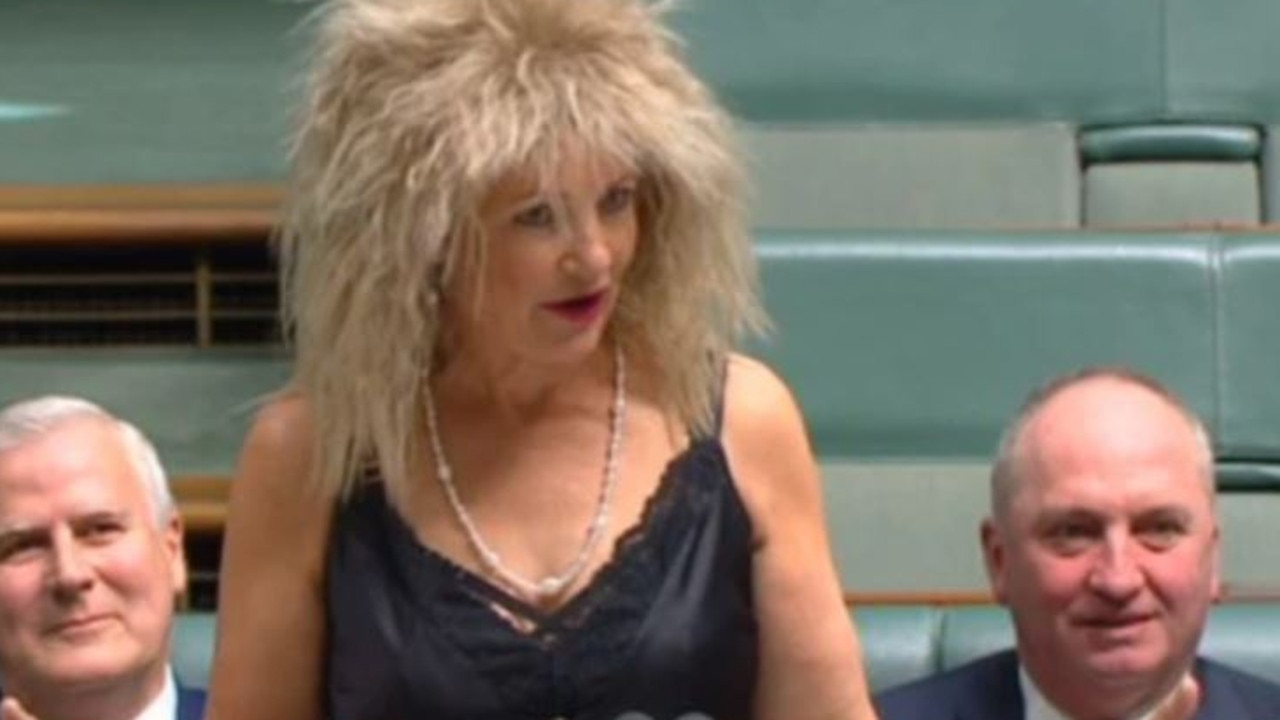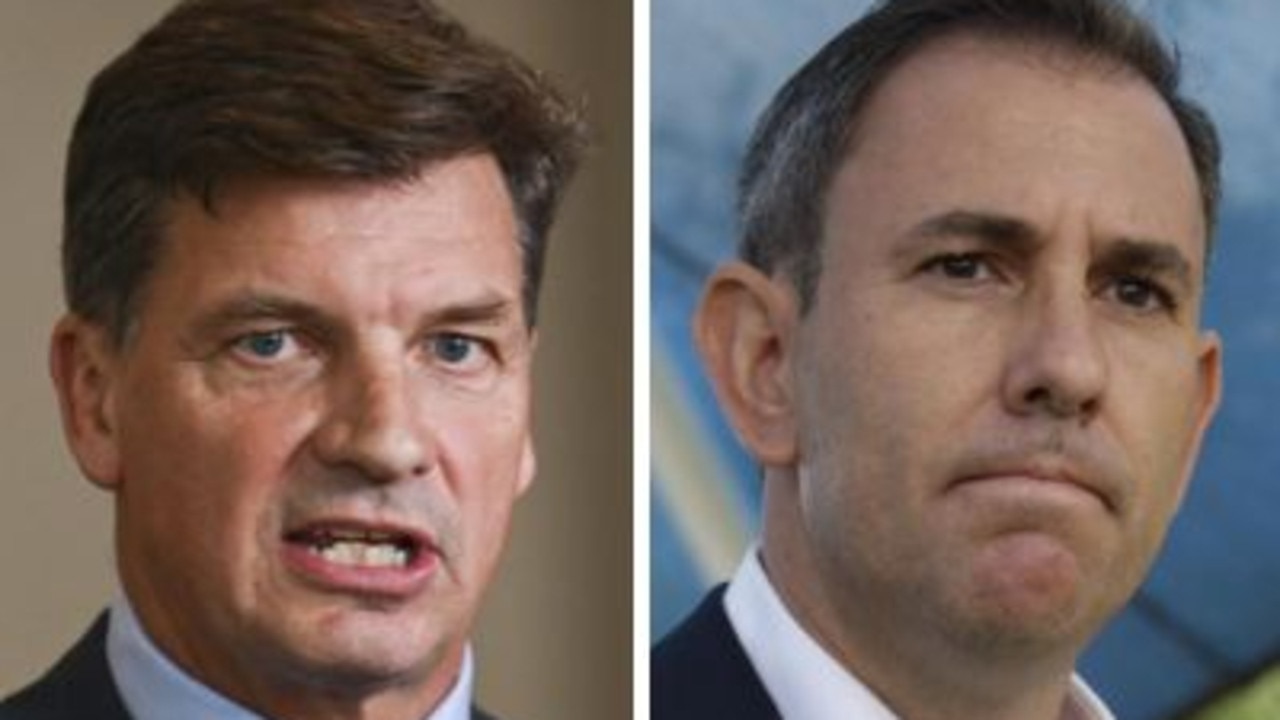Health funds are forcing average earners to fork out for a tax slug that’s meant for the rich
A TAX penalty meant to only slug rich people who don’t have health insurance is now hitting Aussies on average earnings.

Fed Budget
Don't miss out on the headlines from Fed Budget. Followed categories will be added to My News.
A TAX penalty meant to slug rich people who don’t have health insurance is now hitting those on average earnings.
Its forcing ordinary wage earners, men earning $90,000 a year, to spend up to $2,000 on health cover or pay more tax.
The secret budget nasty introduced by former Prime Minister Tony Abbott in 2014 and extended by Malcolm Turnbull works a little like bracket creep in the tax system.
As inflation rises and your wages grow you are pushed over the income threshold at which the tax slug applies and that threshold is now so low it’s hitting men on average earnings.
RELATED: One Big Switch campaign gets 40,000 registrations in three weeks
The story began in 1997 when, to revive the dying private health insurance industry, John Howard introduced a tax penalty on rich people who didn’t have health cover to force them to buy the product.

The income level at which the penalty cut in was never indexed to take account of wages growth or inflation.
By 2007 News Corp revealed it was slugging not just the rich but thousands of people earning less than the average wage.
RELATED: The easiest way to secure a better deal on your health insurance
The Rudd Government indexed the income threshold for the surcharge so that it only applied to wealthy people.
But in his first budget former Prime Minister Tony Abbott froze that indexation and Malcolm Turnbull extended the indexation freeze until 2021 in last year’s budget.
This means anyone earning over $90,000 now has to pay an extra 1 per cent Medicare Levy or $900 a year or more in extra tax unless they take out health cover.
Typically the standard health insurance policy costs around $2,000, cheaper junk policies that only cover you in a public hospital are available.
If you are a bloke working full time your average wage is already $89,221 so you are likely to be hit by this tax slug this year.
Nationally, and across both sexes, the average wage is now around $80,000.
However, Canberra University’s Ian McAuley says by the time the freeze on indexation is ended in 2021 the average wage will be about $90,000.
“In last year’s budget, in a measure buried deep in the budget papers, the government froze the surcharge threshold at $90,000 until 2021, by which time $90,000 will be about the level of average earnings,” he said.

Labor wants to go even further, it promised at last year’s election to extend the freeze to 2026 by which time people earning less than the minimum wage would be slugged.
In a paper for the Consumer’s Health Forum Mr McAuley argues it would be more efficient for the government to stop propping up private health insurers.
He says private health insurance, unlike Medicare, has no way to control the amount doctors, hospitals or medical device companies charge and this pushes up the price of health care.
Subsidies for health funds are already costing the taxpayer $11 billion a year, he says.
“In Australia only 85 cents in the dollar passing through private health insurance makes its way to fund health care compared to 95 cents when health care is funded through taxation and Medicare,” he says.
Contrary to scare campaigns there would still be a role for private hospitals if we got rid of health insurance, they could be funded as they are now in many states by Medicare.
“Taxes, probably in the rate of the Medicare Levy, would have to rise, but this rise would be more than compensated for by people not having to pay private health insurance premiums,” he says.

Even surgeons are warning the future of health funds is in doubt.
Health funds’ long term viability will decline if premiums continue to rise ahead of inflation, a spokesman for the Australian College of Surgeons writes for the Consumer’s Health Forum review of private insurance.
The Consumers Health Forum wants the Government to use the health insurance rebate to drive reform in health insurance so that those policies which don’t meet consumer-friendly criteria in terms of transparency, simplicity and comparability, would forfeit the rebate.
HOW THE TAX PENALTY WORKS
Singles earning between $90,000 and $105,000 and families earning between $180,000 and $210,000 have to pay a 1 per cent tax penalty if they do not belong to a health fund.
Singles earning between $105,000 and $140,000 and families earning $210,000-$280,000 pay a 1.25 per cent tax penalty if they are not in a health fund.
Singles earning over $140,000 and families earning over $280,000 pay a 1.5 per cent tax penalty if they are not in a health fund.
To find out more about the Big Health Insurance Switch go to www.onebigswitch.com.au.
There is no obligation to take up any offer. This masthead’s publisher News Corp Australia and One Big Switch will earn a commission from any accepted deals. News Corp Australia is a shareholder of One Big Switch.
Originally published as Health funds are forcing average earners to fork out for a tax slug that’s meant for the rich



